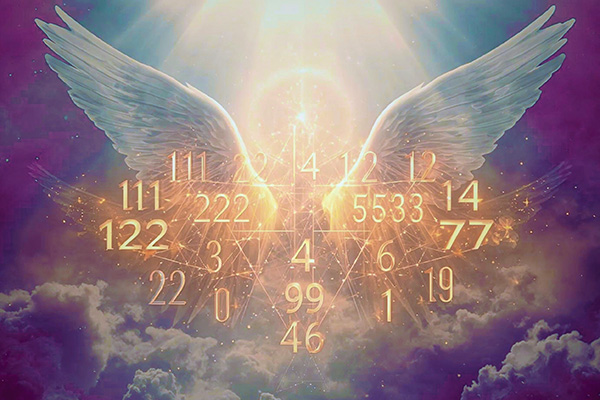trust
When Will I Find My Soulmate?
 The questions I get most often in psychic readings is about finding true love and meeting soulmates. Why am I still single? When will I meet the love of my life? Will I be married? To be honest, I asked myself the same kind of question for decades.
The questions I get most often in psychic readings is about finding true love and meeting soulmates. Why am I still single? When will I meet the love of my life? Will I be married? To be honest, I asked myself the same kind of question for decades.
When I got divorced at the age of 28, I had no idea that I would be single until the age of 52. Yes, I had several failed relationships during those years, and even when I connected with someone who I was certain was my life partner, things always seemed to fall apart.
However, many years later, when I did meet my soulmate, it was incredible! Truth be told, I would go through it all again to end up in the relationship of my dreams, no matter how long it took.
Of course, I would have done many things differently over those two and a half decades, instead of wasting my time searching and lamenting the fear that I would always be alone.
That fear, along with a few other factors, was actually what held me hostage for years. It is the first thing that should be addressed when one is searching for your soulmate.
Many people told me over the years, that I would meet the man of my dreams when I wasn’t looking. My response to that was always, “Well, it will have to be a burglar then, because the only time I am not looking is when I am asleep!” If this is how it seems for you, then this is the first thing that needs to change. Your soulmate will find you. Period. And it will happen when you are not looking. Double period!
When Your Man Is Not Ready To Commit
 I often hear how wonderful the guy is that she is dating… if only he would commit to taking their relationship to the next level!
I often hear how wonderful the guy is that she is dating… if only he would commit to taking their relationship to the next level!
If a woman is not satisfied with the way things are going and what she is getting from the relationship, should she continue to wait for him?
By patiently waiting for him against your better judgment, he only learns that he can get away with his lack of commitment, especially if he feels comfortable with what he is getting from the relationship. This way a pattern is formed.
So, how do you avoid wasting some of the best years of your life waiting on a guy that is never going to commit?
Well, right from the start you tell him what your looking for and what your expectations are. But handle it carefully, after all you don’t want to scare him away before things even get off the ground!
But do let him know how you feel about dating, long-term relationships, commitment, marriage, children, and whatever else may be important to you.
This will inform him, so that you have a better shot at being on the same page. If he starts to make excuses, or says that he is not interested in a long-term commitment, at least not right now, then accept his words as the truth.
If you are looking for long-term, committed relationship, then spend time with a guys who shares the same values and expectations. Watch his actions – they do speak louder than words!
Yes, Fly Away, But Fly Towards Your Dreams!
 There are many dreams in our hearts, in our heads, in our spirit that comes to us during our night dreams, during our day hopes. The universe gives us the dreams of our heart, so we will continue to strive toward these dreams.
There are many dreams in our hearts, in our heads, in our spirit that comes to us during our night dreams, during our day hopes. The universe gives us the dreams of our heart, so we will continue to strive toward these dreams.
Just when we think it is time to give up, spirit jumps in with a sign, a promise, a word, a touch of given hope, to keep the dream alive in our heart.
Time comes, time goes, like the ebb and tide of the ocean, that we wonder if we are ever going to reach the shore. Then suddenly, there is the land, we can see the shore line the horizon, the dream’s reality right there in our face ready to come to us with happiness.
Where there is hope, there is faith. Where there is faith, there is love. We, are not meant to be alone. We are meant to have loves, to have partners, to have friends, people around us. These are dreams given to us by spirit so that someday our prince or princess will come without the frogs.
There are times we all want to fly away. There are times, especially as we start getting older, looking at our past, thinking of all the dreams we had, things we wanted to do, that somehow life just passed us by. This is why many people these days are making “bucket lists“.
Interesting at the weird things we want to do when we are mid-50s which in our youth we were too afraid, or too insecure to do. Think about our youth, we were pretty naive, yet somehow all of us today, this very day, has to find a balance between our wisdom of reality, and the innocence of youth where all dreams are possible.



